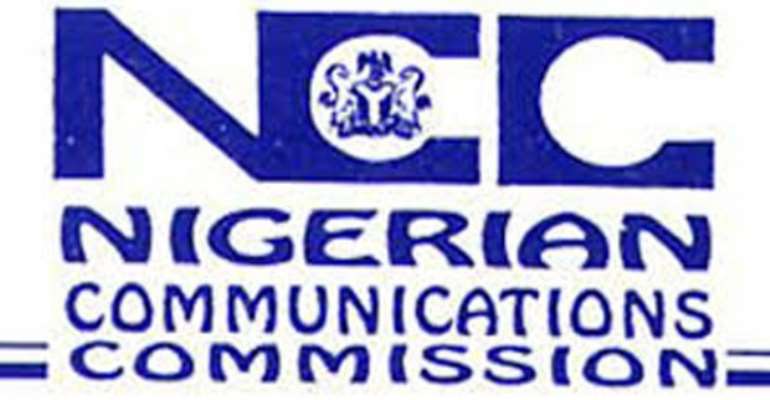Telecom masts pose no risk to humans, says NCC

The Nigerian Communications Commission (NCC) said on Friday that telecommunication masts mounted at strategic places for effective communication was not injurious to health.
Its Director of Technical Standards and Network Integrity, Mr Balarabe Sanni, made the clarification while delivering a paper entitled 'Protection of Telecommunication Infrastructure' at a stakeholders forum in Okigwe, Imo.
Sanni said that contrary to people's fears, the energy dissipated by the cellular base stations carried little radio-frequency (RF) signals and posed no risk to humans.
He said that exposure guidelines had been developed by the International Commission on Non-Ionizing Radiation to provide protection against established effects from RF fields.
'Considering the very low exposure levels and research collected to date, there is no convincing scientific evidence that the weak RF signals from base stations and wireless networks cause adverse health effects,' he said.
Sanni expressed displeasure at the way people vandalised and stole parts of the telecommunication infrastructure and called for a change of attitude.
'There is the need to protect telecom infrastructures from stealing, vandalism and other harms.
”There is need to discourage unauthorised diversion to other uses of the parts of the infrastructure,” he said.
The director maintained that the radio frequency of the broadcast stations was 10,000 watts compared to that of the mobile telecommunication which was between one watt and 10 watts.
Sanni pointed out that many base stations were needed for effective communication, adding that vandalising them led to poor or no services experienced by subscribers.
He asked individuals not to buy stolen and vandalised telecom equipment and that they should report any one found doing so.
Sanni identified some of the challenges faced by the telecommunication providers to include ”criminal” vandalism of equipment, destruction of cables during road construction, theft as well as community and government interference.
Also speaking, the Executive Commissioner in-charge of stakeholders management, Mr Okechukwu Itanyi, noted that the forum provided an avenue for the consumers, service providers and the regulator to address consumer related issues.
Itanyi, who was represented by Dr Olufemi Atoyebi, the Assistant Director of Consumer Affairs, said the theme was imperative as telecom infrastructure had direct and indirect impact on the spread of service and quality of service.
Itanyi described the development of telecom infrastructure as an important phase in the life of the telecom industry, saying it was the blood that sustained the industry.
'It is obvious that without telecom infrastructure, there will be no telecom service.
”It is our collective responsibility to protect the infrastructure in our locality from vandalism, stealing and other abuses,'' he said.
Mr Demain Ude, who represented Etisalat, pointed out that telecom infrastructure was critical to all human security and communication activities as well as data collection and processing and needed protection.
Mrs Ukachukwu Ohiagu and Mrs Chinwe Ejiofor from Airtel and Globacom respectively said that not tampering with the telecom infrastructure made communication easy and efficient.
NAN reports that some of the participants complained of the high tariff charged by the providers, fraudulent promotions and difficulty in retrieving stolen lines after the mandatory registration of the lines.
Mr Okechukwu Emmanuel accused the telecom providers of making the consumers pay for any penalty imposed on them by NCC.
He called on the Senate to enforce any decision taken against the telecom providers to enable them to sit up.
The forum had in attendance all the mobile service providers in the country except MTN.
